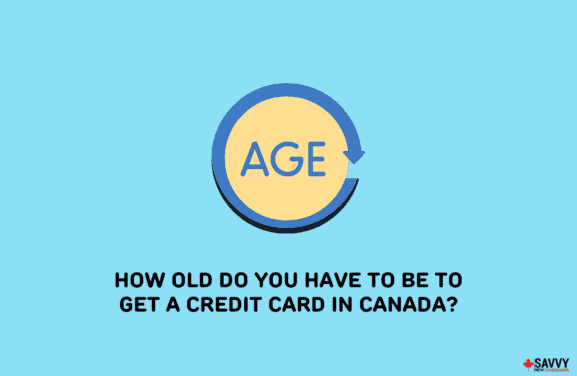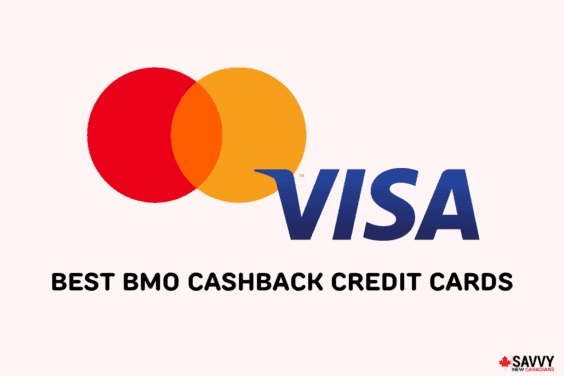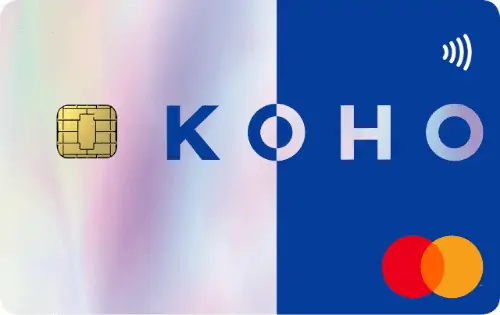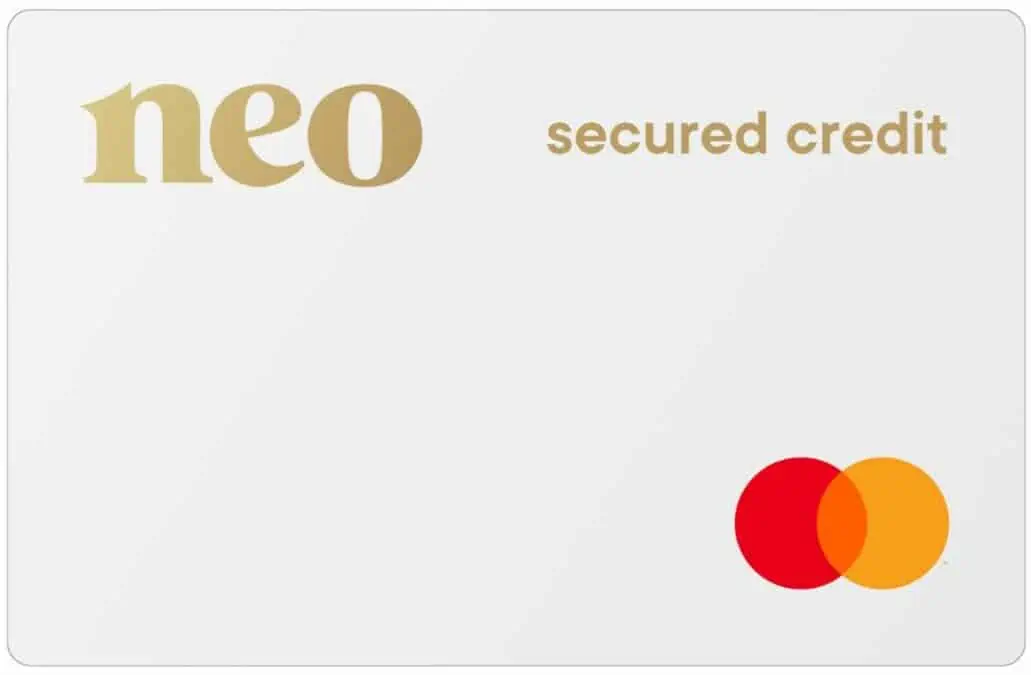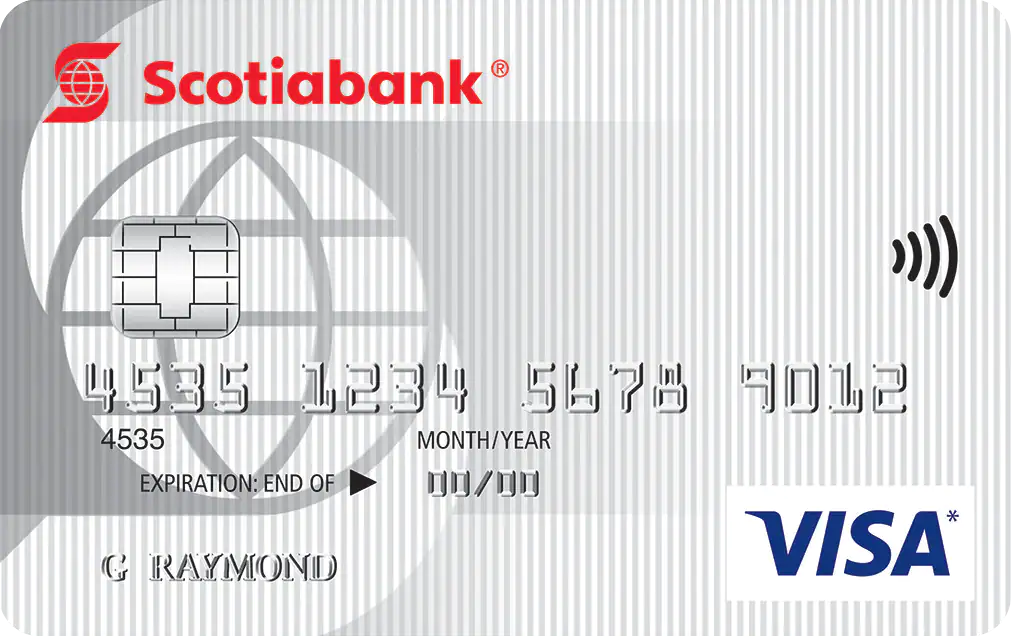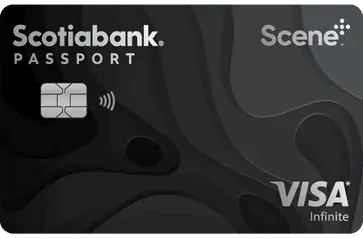Balance transfer credit cards allow you to transfer your balance from one credit card to another.
They have low interest rates for the amount you transfer for a set period, usually a few months. Sometimes they don’t charge any interest.
But how do they work, and what are their main features? How should you apply for one, and what are the pros and cons?
Let’s take a closer look.
What is a Balance Transfer Credit Card?
A balance transfer is when you transfer debt from one account to another.
With a balance transfer credit card, you transfer your balance from an old credit card to a new one.
The reason for doing this is to take advantage of a lower interest rate. Some balance transfer credit cards have 0% APR for a few months, so you can start paying back your balance interest-free.
However, most will have a balance transfer fee equal to a percentage of the total you transfer. There will also be a limit on how much you can transfer.
How Does a Balance Transfer Work?
Let’s say you carry a balance on one credit card at a rate of 22.99% per year, but you’re struggling to pay it off. So you apply for a balance transfer credit card with 0% APR for the first six months.
Once your application is accepted and you receive your new credit card, you can initiate the balance transfer. You can usually do this online or over the phone.
You must provide information on your debt, including the issuer’s name, the amount, etc.
When the balance transfer is approved, the issuer of your new card will pay off your balance on the old card. This usually takes about a couple of weeks.
Your new card will show the same balance, and you will be charged a balance transfer fee.
You then start to pay down the balance with no interest, saving you additional costs each month.
You won’t pay any interest if you pay it all down before the 0% introductory period ends.
Will Transferring Your Balance Hurt Your Credit Score?
If you carry out a balance transfer, this will not hurt your credit score. However, applying for a new credit card involves a hard credit check. This could have a small negative impact on your score, at least temporarily.
What Happens to Your Old Credit Card After a Balance Transfer?
Your new credit card provider will pay off your old balance up to the amount you are transferring.
If you carry a $1,000 balance and want to transfer all of it, your new provider will pay this off, and the balance will appear on your new credit card statement.
Pros and Cons of Balance Transfer Credit Cards
Pros:
- Reduce or eliminate interest payments on your balance for a few months.
- Pay down your balance sooner.
- Many credit cards to choose from.
Cons:
- Balance transfer fees may make the process more expensive.
- Balance transfer credit cards may have fewer premium perks and rewards than other cards.
- Applying for several new credit cards can negatively impact your credit score.
Related: How to Cancel a Credit Card.
How to Apply for a Balance Transfer Credit Card
Applying for a balance transfer credit card is a straightforward process. Once you have chosen the most suitable card, you can normally apply online.
Check your credit score first to find out whether you qualify. If you have a poor credit score, you may want to work on improving this first.
You will need to fill out personal information, details about your income, and more.
Once approved, you can get in touch with the issuer. You can initiate a balance transfer at Scotiabank, CIBC, and other banks, usually online or over the phone. And the transfer should go ahead in a short period, usually in about two weeks or so.
How to Choose the Best Balance Transfer Credit Card
There are several balance transfer credit cards in Canada, and various factors will influence which is the best card for you:
- The introductory APR. Find one offering 0% APR or close to that so you won’t have to pay much interest.
- The interest rate after the introductory period ends. This will be important if you plan to continue using the card once you have paid off your balance.
- The length of time that the introductory rate lasts. The longer, the better, but you may be able to pay off your balance in less time.
- The balance transfer fee. This is usually from 1% to 5% of the total transfer amount.
- Other costs like the annual fee.
- Other rewards and perks. Some of the best balance transfer cards provide cash back or other rewards.
Should You Get a Balance Transfer Credit Card?
Balance transfer credit cards can be very useful, especially if you carry a balance and want to reduce the amount you pay in interest.
Consider your situation carefully and work out how much you could save by using a balance transfer credit card.
Don’t forget to factor in the cost of the balance transfer fee. It may even be better to simply pay off your balance if you can do so in a few months.
If you think it could help you, research the cards available in Canada and choose one that stands out.
FAQs
A balance transfer can be a good way to reduce interest payments on a credit card balance and pay off the balance sooner.
Your credit score will not be negatively impacted if you carry out a balance transfer. However, applying for a new credit card involves a hard credit check, which can have a small impact.
If you have trouble managing your finances, you might end up spending more because you are not paying interest on your balance.
The credit card issuer will normally limit the amount you transfer. However, the amount you transfer will affect the size of the balance transfer fee, so take this into account.
Related: Can you overpay your credit card? Here’s what you should know.
